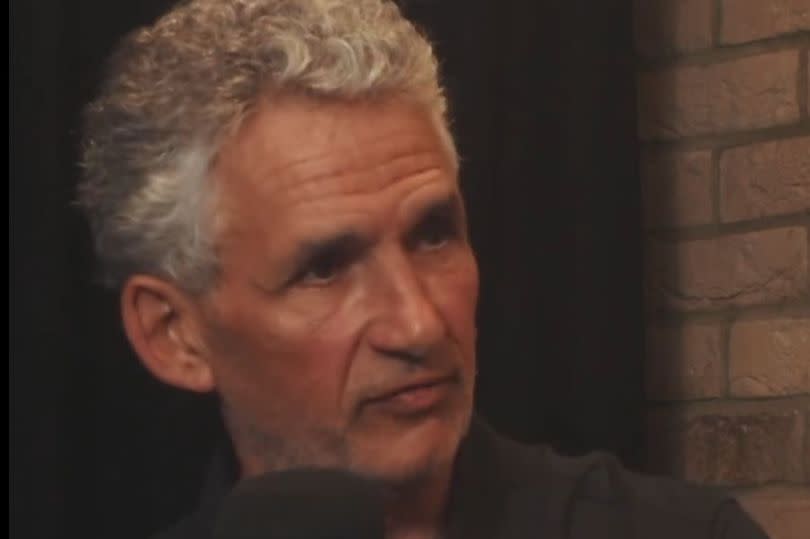Professor Tim Spector's five diet hacks to tackle blood pressure, heart health and inflammation

Nutritional scientist Tim Spector has given a rundown of the five things he says will transform a person’s diet, lose weight and live longer. The professor of genetic epidemiology at King’s College London and founder of the Zoe health app spoke out on the Zoe Instagram page - and said there are some great food ‘hacks’ people can do.
The suggestions he makes would help with blood pressure, heart health and reduce inflammation and the chances of getting diabetes. Prof Spector said the first one was to try to eat a LOT of plants a week. He said: “To improve your gut health first, try and eat a diverse range of whole plants. We think at the moment the optimum is around 30 plants, not a problem if you don’t always make it, but aim to get it right up.”
He said people should concentrate on brightly coloured vegetables: “The second is eat the rainbow, try and eat colourful plants. Because of the polyphenols. These defence chemicals in them, which are microbes, eat and as a source of energy.” Foods to help people’s gut health is also one of the hacks - because as well as many other benefits they can lower inflammation: “Having regular small amounts regularly of fermented foods has been shown to improve your gut microbes and improve your immune function.”
Fasting can also help a lot: “Fourthly, give your gut a break. If you can eat within a 10-hour window or, if you can’t do that a 12-hour window, at least you give your microbes a rest overnight.” Lastly, he said people should totally avoid ultra-processed food, saying on the subject of the gut microbes: “And finally don’t poison them with too many chemicals from ultra-processed foods. Because ultra-processed foods have a negative impact on your gut microbe in ways we’re still understanding, but things like sweeteners, emulsifiers, preservatives, et cetera, et cetera.”
On the same podcast, John Cryan a professor at the Department of Anatomy and Neuroscience and APC Microbiome Institute said eating the right things to help gut health could counter depression. He said: “If our hypothesis is that the microbes could be affecting stress and mental health in various aspects there, then we should be able through a whole diet approach.
“We created this diet and we took people that had bad diets and were stress sensitive. And we changed their diets for one month, and it was remarkable. After one month on this diet they had a much better response to stress in the laboratory setting. Their feelings of depression, scales that we looked at were much better, and their overall sleep quality improved. This tells us is that by feeding the microbes, we could actually switch people into being much more resilient to stressful situation, and that’s one month.”

 Yahoo News
Yahoo News 
